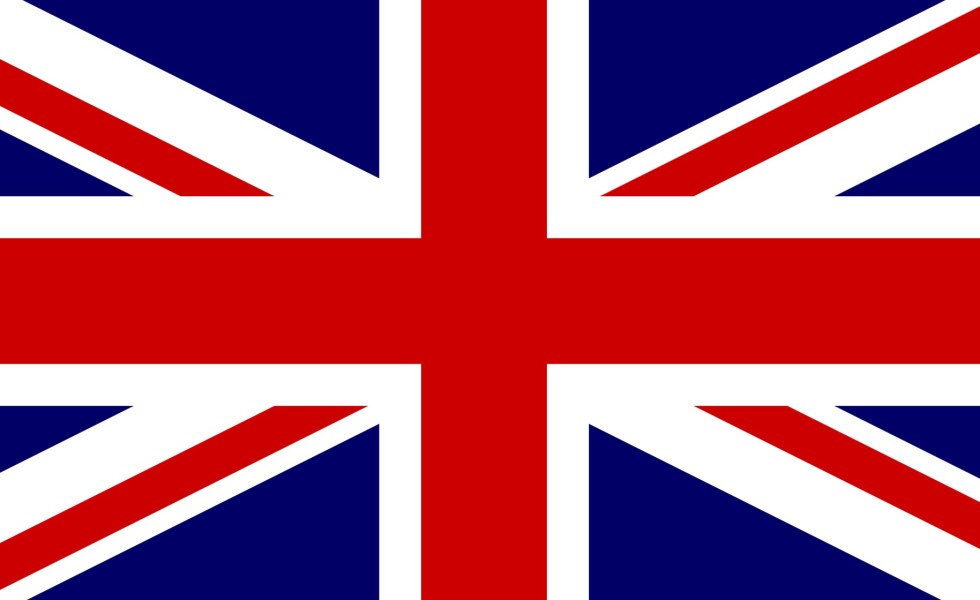Heading for the Brexit
Posted on February 6, 2019

Two hundred and forty-three years after the not-yet United States declared its independence in a lengthy letter to England’s King George III, the old enemies are, yet again, new allies.
This time, however, it’s an unlikely alliance of defiance; both are challenging international institutions like the World Trade Organization and the European Union (E.U.) which some lawmakers say interfere—and, worse, illegitimately overrule—their sovereign laws of state.
The complaints, however, aren’t out of left field; both have the support of voters. For the U.S., it came in the Nov. 2016 election of President Donald J. Trump. For the United Kingdom (U.K.), it was the June 2016 triumph of Brexit—shorthand for “British exit,” or its move to leave the E.U., the 28-nation quilt that stretches from Hungary to Northern Ireland.
But like Mr. Trump’s victory here, the Brexit win ignited as much controversy as it quelled. First, it split the U.K. as a union; voters in Northern Ireland and Scotland voted to “stay” while voters in England and Wales voted to “leave.” It also divided the U.K.’s ruling political party, the Conservatives, who, then led by David Cameron, openly opposed Brexit until they were for it after its slim 1.8 percent win.
U.K. farmers, however, were not on the fence. According Farmers Weekly, a British farming magazine, 53 percent supported Brexit despite a pre-vote estimate that it could cost them up to 60 percent of their annual income, the percentage of U.K. farm income received through E.U.’s agricultural subsidy programs.
Much of that support hinged on the belief that U.K. food exports would find better markets—even in scorned Europe—after being unleashed from the E.U.’s trade and environmental rules.
There was scant evidence to confirm it, though. In fact, in Jan. 2017, Informa Agribusiness Intelligence estimated that the loss of E.U. farm subsidies could mean 90 percent of U.K. farms would face “collapse.”
After the dire forecast, the U.K. government stepped in to “promise” to make up any E.U. shortfall through 2020, and longer if needed. How it hopes to do so remains unclear.
What is crystal clear, however, is that U.K. politicians have no idea on how to deliver the “democracy” voters demanded in 2016. Two years of tough negotiations between the E.U. and British Prime Minister Theresa May (who became leader when Cameron resigned after backing the wrong Brexit horse) collapsed in ruin Jan. 15 when May was crushed by an overwhelming anti-deal vote in Parliament’s House of Commons.
Worse, perhaps, many of the “nay” votes came from May’s own Conservative colleagues who—as if to confirm there always will be an England—overwhelmingly supported her the next day when the opposition Labor Party called for (and lost) a vote of no confidence in her leadership.
May’s Brexit loss and her “no-confidence” win, however, doesn’t mean Brexit is dead or that a second, national Brexit vote will be held. Brexit is Brexit, she has said, and political leaders are duty bound to honor the 2016 results.
U.K. farmers are equally stiff-lipped. Recent polling shows that their 2016 support, 53 percent to “leave,” remains solid despite the likely loss of generous E.U. farm payments and some, maybe most, of the 62 percent of U.K. ag exports now sold into the E.U.
So why do it?
Because, as Prime Minister Theresa May has said repeatedly, it’s what the voters said they want. As such, right, wrong, or indifferent, the search for a workable Brexit will continue.
Which raises a simple question: Is there such a thing as a “workable” Brexit? The answer, so far, is no.
Which leads to an even more elemental question: While nations around the world are establishing deeper financial, cultural, and manufacturing links through blockchain technologies, artificial intelligence, and global trade, why would any nation burn most of its political capital to remove itself from this more-integrated future to become an island of antiquity?
In your search for an answer, remember that the U.K. isn’t the only nation looking to go it alone in today’s increasingly interconnected world. Many leaders in its former colony are advocating the same thing.
© 2019 ag comm
Share This